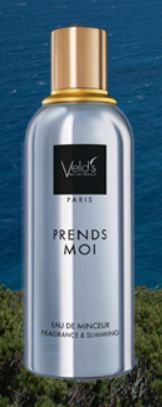 |
| Source: CSIRO. Protein in the morning could help with weight management. |
The new Total Wellbeing Diet Protein Balance programme focuses on shifting more protein consumption to breakfast. "The average Australian eats much lower amounts of protein at breakfast, so increasing breakfast protein may help to control eating later in the day," Senior Principal Research Scientist for CSIRO and co-author of the CSIRO Total Wellbeing Diet, Professor Manny Noakes, said.
"If you find it difficult to control what you eat, a redistribution of protein toward breakfast may be the answer to reducing your waistline without leaving you ravenously hungry and craving unhealthy foods."
According to the report, Australians get over one third of their dietary protein from low-quality sources such as processed foods, instead of whole protein sources including lean meats, fish, eggs, legumes and dairy. The CSIRO report showed that for most Australians, protein intake was skewed towards the evening meal, with only small amounts eaten at breakfast. On average women consumed 11g of protein at breakfast, compared to the male average of 15g.
The report also found that older Australians consumed the least amount of protein at breakfast but needed more protein to prevent muscle loss. "The scientific evidence supports a higher protein diet, combined with regular exercise, for greater fat loss. Eating at least 25g of protein at main meals can assist with hunger control," Professor Noakes said.
Adopting a higher protein, moderate carbohydrate, low Glycemic Index (GI) diet is a nutritious way to lose weight and has been scientifically validated for some time, underpinning successful programmes such as the CSIRO Total Wellbeing Diet. Since launching in 2005, the CSIRO Total Wellbeing Diet has helped more than half a million Australians lose weight.
"Two in three Australian adults are either overweight or obese, which increases their risk factors for many chronic health conditions," Professor Noakes said. "With a variety of genetic, lifestyle and personality factors at play, there is no such thing as a one-size-fits-all approach to weight loss, but there is a range of healthy ways to lose weight.
"If we're serious about addressing this issue we need to continue developing a wider range of scientifically validated ways for people to lose weight, which is something CSIRO has done successfully over the years. Introducing the new Protein Balance programme for the Total Wellbeing Diet is another example of that."
Details:
The Total Wellbeing Diet 12 Week Program costs A$149 which is fully refundable if the subscriber successfully completes the programme.
The Total Wellbeing Diet 12 Week Program costs A$149 which is fully refundable if the subscriber successfully completes the programme.

